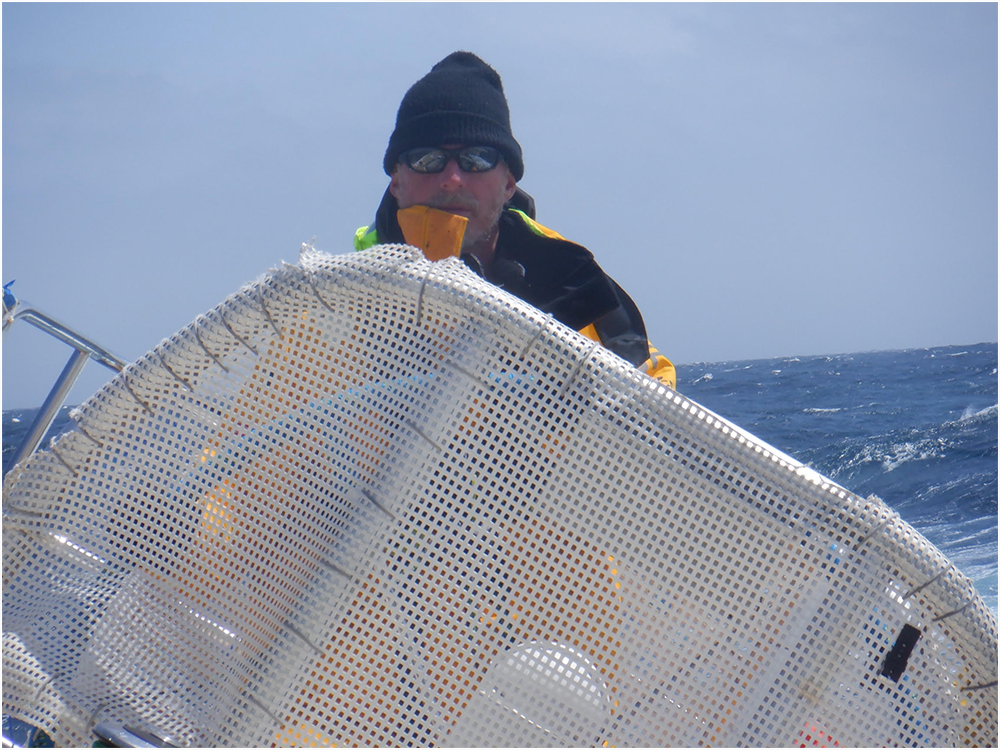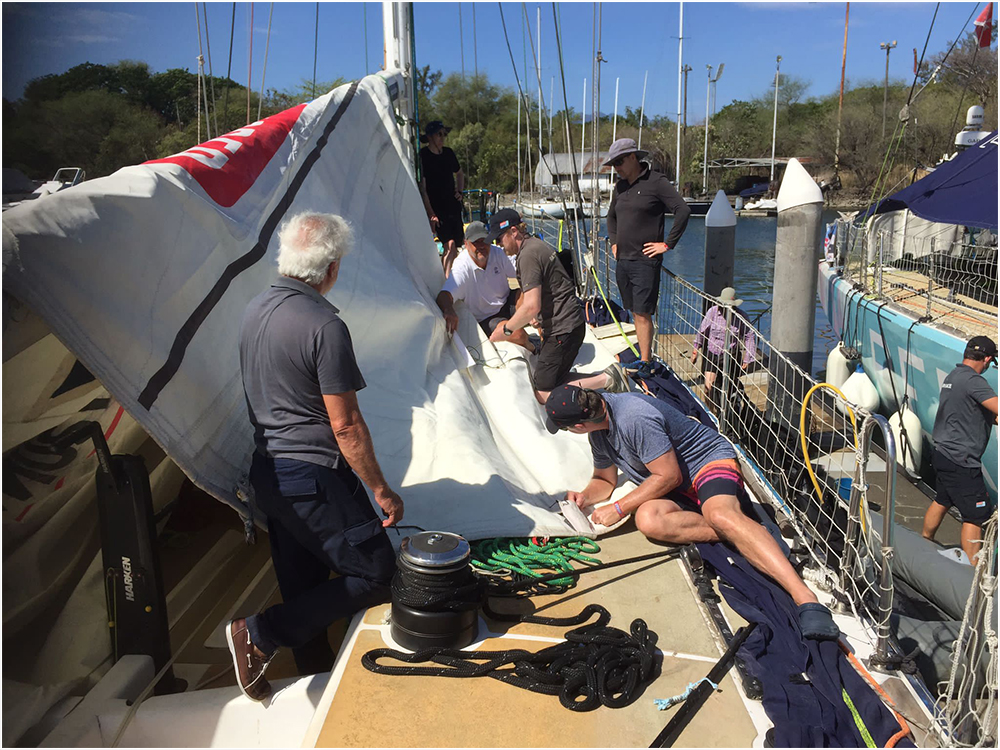Effective Teaching Strategies for Modern Educators
Effective Teaching Strategies for Modern Educators
Empowering Minds: Effective Teaching Strategies for Modern Educators By James Feldkamp

James Feldkamp explained that effective teaching is not just about imparting information; it's about inspiring, engaging, and equipping students with the skills they need to succeed in a rapidly evolving world. This article will explore some key strategies modern educators can employ to make teaching more impactful and transformative.
Active Learning
Active learning is a powerful teaching strategy that encourages students to participate in the learning process actively. Instead of passive listening, students engage with the material through discussions, problem-solving, debates, and hands-on activities. This approach fosters critical thinking, collaboration, and a deeper understanding of the subject. Educators can incorporate group discussions, peer teaching, and interactive exercises into their lessons to implement active learning.
Technology Integration
Technology is a valuable tool for enhancing teaching and learning in today's digital age. Educators can use technology to create interactive lessons, engage students through multimedia content, and facilitate online discussions and collaborations. Whether through educational apps, virtual field trips, or video lectures, technology can make learning more engaging and accessible, catering to diverse learning styles.
Differentiation
Every student has unique strengths, weaknesses, and learning preferences. Effective teachers recognize these differences and differentiate their instruction to meet individual needs. This can involve adjusting the pace of instruction, providing additional support for struggling students, or offering advanced challenges for those who excel. Educators tailoring instruction to each student ensures that learning is inclusive and personalized.
Feedback and Assessment
Assessment and feedback are integral parts of the teaching process. Regularly assess student progress to gauge their understanding of the material. Use formative assessments like quizzes, discussions, and assignments to identify areas where students need additional help. Constructive feedback is equally crucial—provide specific, actionable advice to help students improve their work. Practical assessment and feedback promote a culture of continuous learning and growth.
Student-Centered Approach
A student-centered approach places the learner at the heart of the educational experience. Instead of being the sole source of knowledge, educators act as guides and facilitators, helping students explore and discover information independently. This approach encourages curiosity, independence, and self-directed learning. Students take ownership of their education and actively participate in the learning process.
Effective teaching is an evolving art that requires adaptability and a commitment to student success. By incorporating active learning, integrating technology, differentiating instruction, emphasizing feedback and assessment, and adopting a student-centered approach, educators can create dynamic and transformative learning experiences. Education is not just about acquiring facts; it's about nurturing critical thinking, creativity, and problem-solving skills. Modern educators have the opportunity to empower minds and prepare students for a future filled with opportunities and challenges.








